Ruddy skin, characterized by a red or flushed appearance, can be both a temporary condition and a permanent skin characteristic. For some, the rosy cheeks are a sign of good health and vigor; for others, it can be a source of discomfort and self-consciousness, particularly when the redness is pronounced or accompanied by irritation. Dealing with facial redness, especially during winter, can be a frustrating challenge despite its common occurrence. In this guide, we will delve into the causes and management strategies that can help individuals with ruddy skin achieve a more balanced complexion.
What Causes Ruddy Skin?
Ruddy skin can result from various factors, ranging from genetic predispositions to environmental triggers. Understanding these causes is the first step toward effective management.
Genetics
For many, rosy skin is simply a genetic trait. Those with fair skin or of Celtic or Northern European descent are likelier to exhibit this characteristic. In these cases, the redness is due to visible blood vessels that are close to the skin’s surface.
Weather Conditions
Extreme temperatures, wind, and sun exposure can exacerbate skin redness. Hot weather can increase blood flow, intensifying redness. Winters can make the skin severely dry, more sensitive and flushed.. It is important to use moisturizing products like Tetros ULTRA.that incorporate several moisturizing components that also protect and repair the skin barrier as well as providing ingredients that help to sooth and calm the skin.
Rosacea
This chronic skin condition is a common culprit behind ruddy skin. Rosacea causes redness, visible blood vessels, and sometimes acne like bumps, primarily on the face. It can worsen over time if left untreated.
Lifestyle Factors
Alcohol consumption, spicy foods, caffeine, and stress can trigger or worsen the appearance of ruddy skin. Smoking can also contribute by damaging the skin’s elasticity and exacerbating redness.
Skin Care Products
Avoid harsh skincare products like chemical peels or those containing alcohol, fragrance, and known irritants that can provoke redness and irritation, leading to a ruddy complexion. A product like Tetros ULTRA, has a unique optimized combination of gentle moisturizing and soothing ingredients.
Sings Of Ruddy Skin
- Skin redness: Caused by dilation of blood vessels, it is the most common sign of Ruddy skin.
- Burning or Itching: Occurs when the skin’s nerve endings are stressed.
- Scaling: when the skin is dry, the stratum corneum can lose firmness and flake.
- Edema, Spots, Skin rashes, Blisters: These are the symptoms of a more serious problem, which should immediately be evaluated by a dermatologist.
Professional Treatments To Manage Ruddy Skin
Treatments for red skin that are done professionally are as follows.
Laser Therapy
Laser treatments can be effective in reducing visible blood vessels and redness. Procedures like pulsed dye laser (PDL) and intense pulsed light (IPL) therapy target the blood vessels without damaging the surrounding skin.
Prescription Medications
For those with Rosacea or other skin conditions contributing to redness, topical or oral medications prescribed by a dermatologist can help manage symptoms.
Natural Skincare Treatment To Manage Ruddy Skin
Managing ruddy skin involves a combination of skincare regimen adjustments, including:
Gentle Cleansing
Use a mild, fragrance-free cleanser and avoid scrubbing the skin, which can aggravate redness.
It is important to avoid harsh scrubbing of the skin as it can cause irritation and worsen the redness.
Moisturize
A fragrance-free, hypoallergenic moisturizer can help soothe and protect the skin barrier, reducing sensitivity.
Sun Protection
Daily use of a broad-spectrum sunscreen with an SPF of 30 or higher is crucial in managing ruddy skin, as sun exposure can worsen redness and sensitivity.
Anti-Redness Products
Products containing niacinamide, azelaic acid, or licorice root extract can help reduce inflammation and redness.
Conclusion
Ruddy skin, while challenging, is not impossible to manage. Individuals can achieve a healthier, more balanced complexion by understanding its causes and exploring various management strategies. Feeling comfortable and confident in one’s skin is important rather than striving for perfection. Patience and consistency in your skincare routine and professional advice can lead to significant improvements.
Frequently Asked Questions
Is Ruddy Skin The Same As Rosacea?
Ruddy skin and Rosacea can appear similar due to the redness and flushing they both cause, but they are not the same. It can be a genetic trait or the result of environmental factors and lifestyle choices. On the other hand, Rosacea is a chronic skin condition that requires medical diagnosis and often involves other symptoms such as acne-like bumps, visible blood vessels, and hypersensitivity.
Is It Necessary To See A Dermatologist For Ruddy Skin?
While mild ruddy skin can often be managed with skincare products and lifestyle changes, seeing a dermatologist is advisable to rule out underlying conditions like Rosacea or other skin disorders. A dermatologist can also offer treatments and personalized advice to manage your skin condition effectively.
What Makes Skin Ruddy?
There are several reasons why a person might experience temporary redness on their skin. Sunburn, hot flashes, food sensitivity, medication reactions, and skin irritation are all common causes. Additionally, several conditions can cause redness, such as rosacea, acne, dermatitis, psoriasis, shingles, and lupus.
What Does A Ruddy Face Look Like?
“Ruddy” is a word used to describe someone’s healthy, reddish glow. It’s often used to describe someone working outside and with a healthy complexion. If you’re normally pale, your skin might have a reddish tint if you spend time outside in the sun.
What Skin Tone Is Ruddy?
If you see any parts of your skin that maintain a reddish appearance, such as your nose, under your eyes, cheeks, or anywhere else on your body, you have ruddy skin.


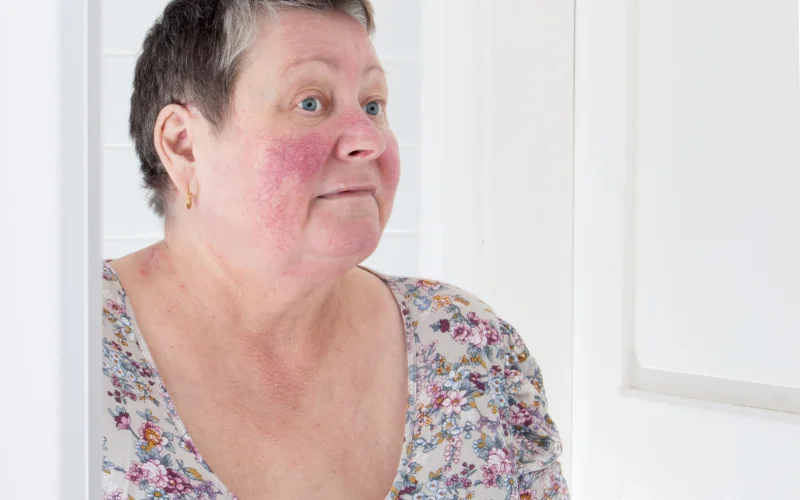
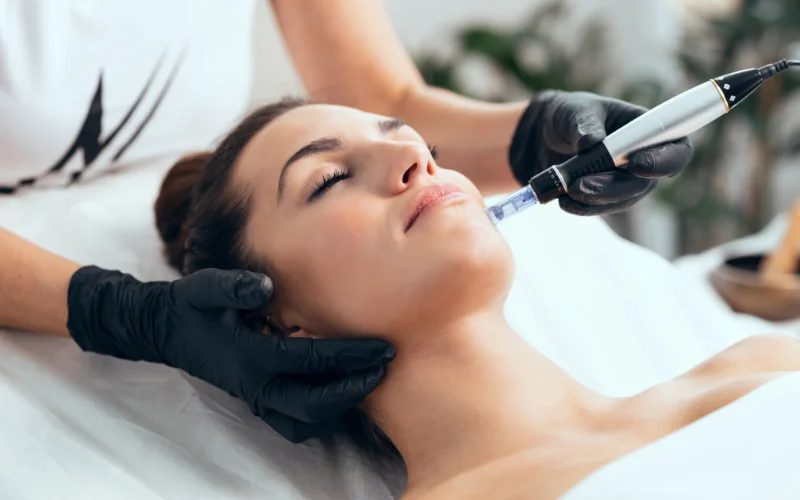
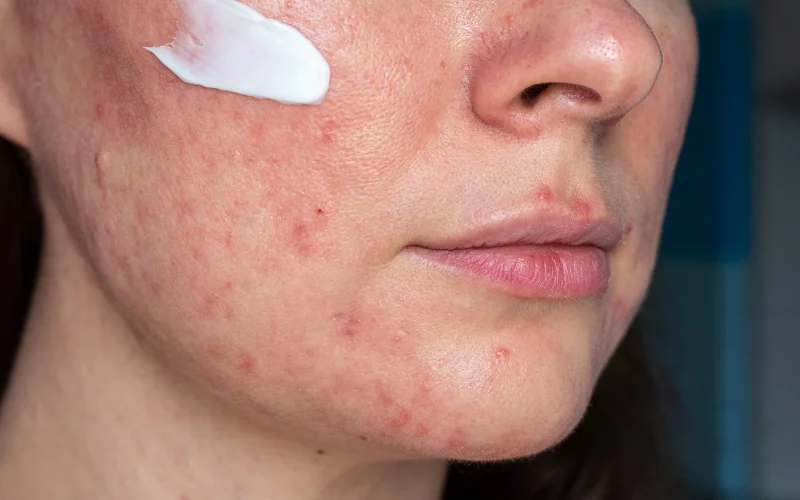
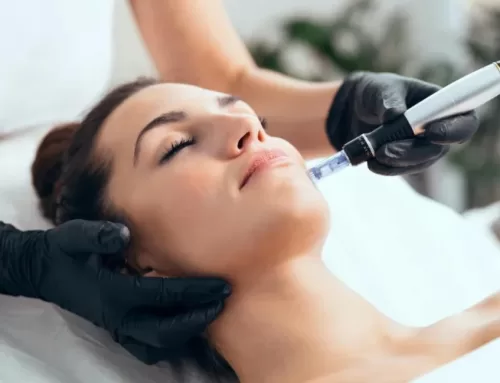
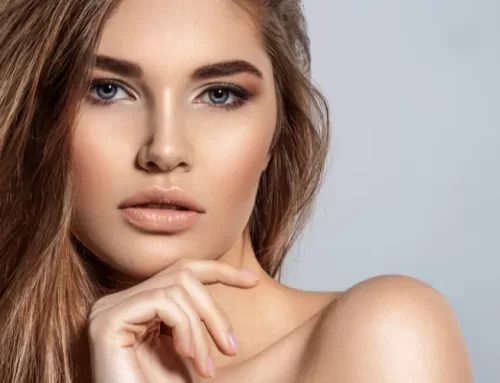


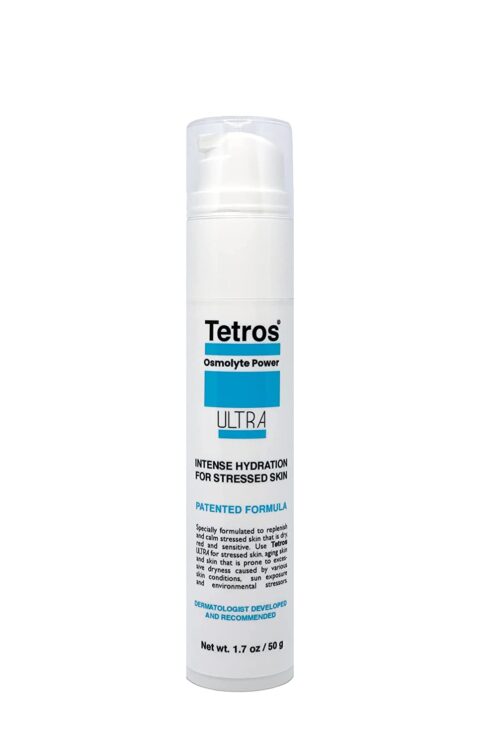
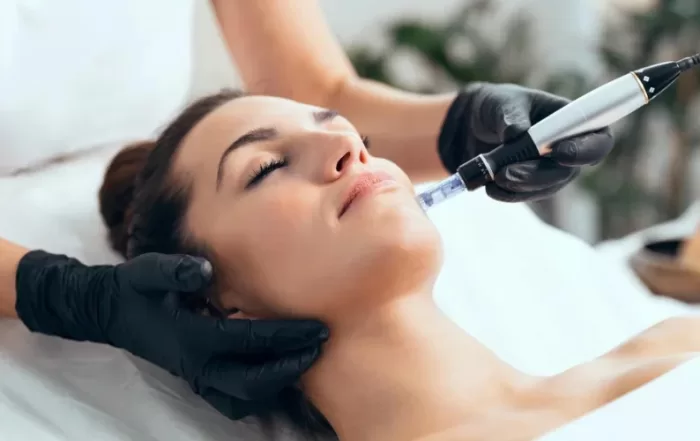
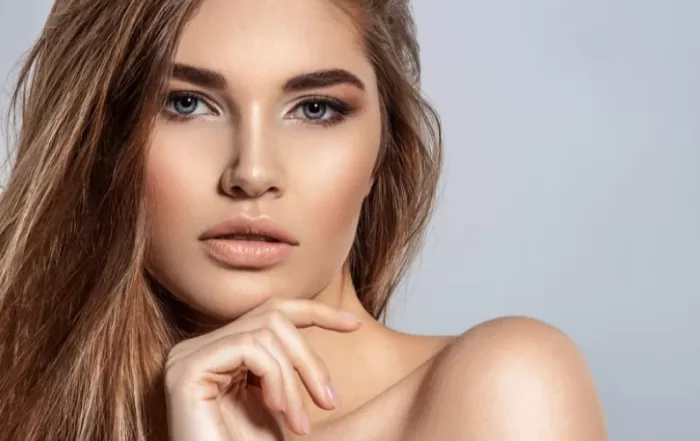
Leave A Comment